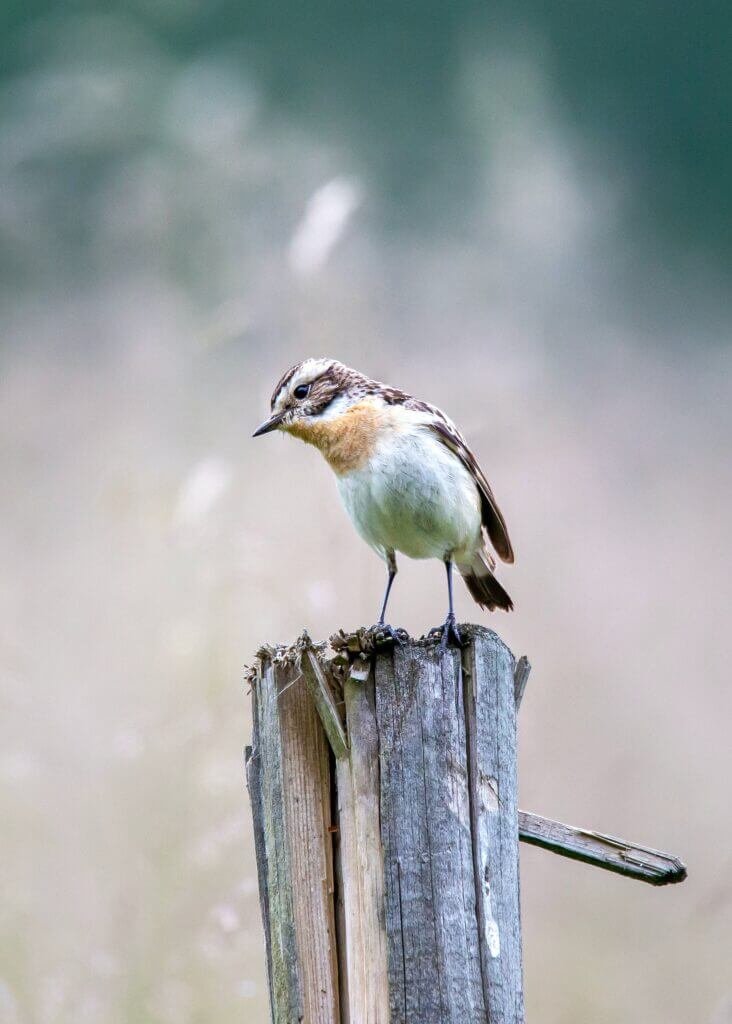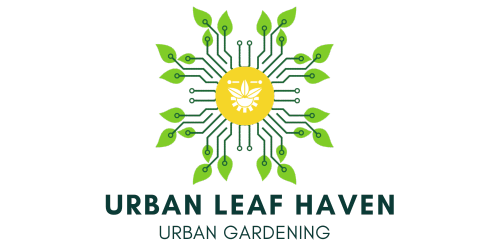Are you ready to embark on your urban gardening journey? One of the key factors in ensuring the success and productivity of your garden lies in selecting the right soil. From rooftop gardens to small balconies, the choice of soil can make all the difference. In this article, we will explore the various factors to consider when selecting the perfect soil for your urban garden. Whether you’re a seasoned gardener or just starting out, this guide will provide you with the knowledge you need to create a thriving green oasis in the heart of the city. So, let’s get started and discover the secrets to selecting the right soil for your urban garden.

Types of Soil
Topsoil
Topsoil is the uppermost layer of soil that is rich in organic matter. It is often used for garden beds and landscaping projects. Topsoil is the key to growing healthy plants as it provides essential nutrients and serves as a foundation for plant growth.
Compost
Compost is a mixture of organic materials that have broken down into a dark, nutrient-rich substance. It is created through the decomposition of organic waste materials such as kitchen scraps, yard waste, and leaves. Compost helps improve soil structure, water retention, and nutrient content.
Potting Mix
Potting mix, also known as potting soil, is specifically formulated for potted plants. It is designed to provide proper drainage, aeration, and moisture retention for container gardening. Potting mix usually consists of a blend of peat moss, perlite, vermiculite, and other organic materials.
Raised Bed Mix
Raised bed mix is a soil mixture specifically designed for raised bed gardening. It typically contains a blend of topsoil, compost, and other organic amendments. Raised bed mix provides good drainage, aeration, and a nutrient-rich environment for plant roots.
Container Mix
Container mix is similar to potting mix and is specifically formulated for use in containers such as pots, planters, and hanging baskets. It is lightweight and has excellent moisture retention capabilities.
Considerations for Urban Gardens
Drainage
Proper drainage is crucial for urban gardens as excessive water accumulation can lead to root rot and other issues. When selecting soil for your urban garden, ensure that it has good drainage properties to prevent waterlogged soil.
Nutrient Content
Soil fertility is essential for healthy plant growth. Urban gardens may face nutrient deficiencies due to factors like pollution and inadequate organic matter. It is important to choose soil that is rich in nutrients or can be easily amended to provide the necessary nutrients for your plants.
pH Level
The pH level of soil affects nutrient availability to plants. Most plants prefer a slightly acidic to neutral pH range. Testing the soil’s pH level is crucial to determine if it needs amendments to adjust the pH for optimal plant growth.
Water Retention
Urban gardens often face challenges in water management. Choosing a soil mix that has good water retention qualities can help reduce the frequency of watering while ensuring plants have proper moisture levels.
Soil Structure
The structure of the soil plays a key role in plant root development and water movement. Urban gardeners should consider soil with good structure that allows for proper aeration and root penetration.

Assessing Soil Quality
Visual Inspection
A visual inspection of the soil can provide insights into its quality. Look for signs of compacted soil, poor drainage, or the presence of pests or diseases.
Texture Test
Performing a texture test involves feeling the soil and analyzing its composition. Good soil texture should be crumbly, allowing for water movement and root development.
Drainage Test
A drainage test can determine whether soil drains efficiently or retains excessive water. It involves pouring water onto the soil and observing how quickly it absorbs and drains away.
Percolation Test
The percolation test measures the soil’s ability to absorb water. It involves creating a hole in the soil, filling it with water, and measuring the time it takes for the water to drain completely.
Soil pH Test
Testing the soil’s pH level is crucial for understanding its acidity or alkalinity. Soil pH test kits are readily available and can provide valuable insights into whether the soil is suitable for specific plant species.
Improving Soil Quality
Adding Organic Matter
One of the best ways to improve soil quality is by adding organic matter such as compost or well-rotted manure. Organic matter helps improve soil structure, provides essential nutrients, and enhances microbial activity.
Amending Soil
Based on the results of soil tests, you can amend the soil with specific nutrients or adjust the pH level as needed. This can be done by adding fertilizers, lime, sulfur, or other soil amendments.
Mulching
Mulching around plants with organic materials like straw, wood chips, or leaves can help retain moisture, suppress weed growth, and add valuable nutrients to the soil as it breaks down.

Bulk vs. Bagged Soil
Pros and Cons of Bulk Soil
Bulk soil is advantageous for large-scale urban gardens or landscaping projects. It typically costs less per cubic yard compared to bagged soil and provides easy access for filling raised beds or large containers. However, it may be more challenging to transport and store compared to bagged soil.
Pros and Cons of Bagged Soil
Bagged soil is convenient for small urban gardens and container gardening. It is prepackaged in bags of various sizes, making it easy to transport and store. However, it may be more expensive per cubic yard compared to bulk soil for larger projects.
Accessibility and Cost
Local Sources
When selecting soil for your urban garden, consider sourcing it locally. Local nurseries, garden centers, or composting facilities may offer a range of soil options that are specifically suited to your region’s climate and soil conditions.
Price Comparison
Compare prices of different soil options available in your area. Bulk soil may be more cost-effective but consider the amount of soil you actually need. Bagged soil may be a better choice if you have limited space or require a smaller quantity.
Considerations for Container Gardening
Container Size and Weight
When choosing soil for container gardening, consider the size and weight of the container. Larger containers require more soil to provide ample space for root growth, while smaller containers may need lighter soil to prevent them from becoming too heavy.
Drainage
Proper drainage is crucial for container gardening to prevent waterlogged soil. Select soil with good drainage properties or consider adding materials like perlite or sand to improve drainage.
Nutrient Availability
Container plants rely on the nutrients present in the soil since they don’t have access to nutrient-rich ground soil. Choose soil that is enriched with organic matter or consider supplementing with slow-release fertilizers to ensure plants receive adequate nutrition.
Considerations for Raised Bed Gardening
Bed Size and Depth
When planning a raised bed garden, consider the size and depth of the beds. Deeper beds allow for better root growth, while wider beds provide more planting space. Choose soil that can fill the beds to the desired depth without excessive cost or weight.
Soil Mixture Options
Raised bed mixes usually consist of a balanced blend of topsoil, compost, and other organic amendments. Consider the specific needs of your plants and select a soil mixture that provides optimal nutrients, drainage, and moisture retention.
Drainage
Raised beds require good drainage to ensure excess water can escape. Consider using soil mixes that have good drainage properties or adding materials like gravel or sand to the bottom of the beds.
Sourcing Materials
Consider the availability of soil and organic amendments when planning a raised bed garden. Sourcing locally may be more cost-effective and convenient, especially when dealing with large quantities of soil.
Testing and Amending Soil
Soil Testing
Regular soil testing is essential for maintaining optimal soil health. Soil test kits are available for purchase and can provide insights into the nutrient content, pH level, and overall soil quality. Based on the test results, appropriate amendments can be made.
Adding Fertilizers and Amendments
Based on soil test results, fertilizers, compost, or other amendments can be added to the soil. Follow the recommended application rates to ensure plants receive the right amount of nutrients.
Conclusion
Choosing the right soil for your urban garden is crucial for the success of your plants. Consider the specific needs of your garden and the various soil options available. Assess the quality of soil through visual inspection, texture tests, and drainage tests. Improve soil quality by adding organic matter, amending soil, and mulching. Consider whether bulk or bagged soil is more suitable for your needs. Take into account accessibility and cost, as well as considerations specific to container and raised bed gardening. Test and amend soil regularly to maintain optimum soil health. By selecting the right soil and providing proper care, you can create an urban garden that flourishes and yields bountiful harvests.


